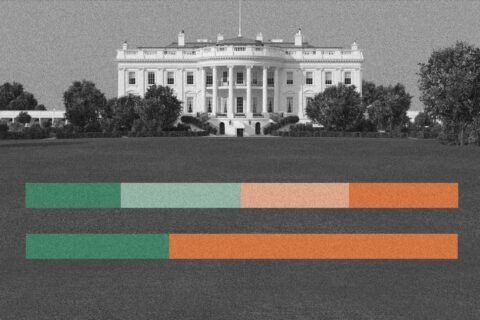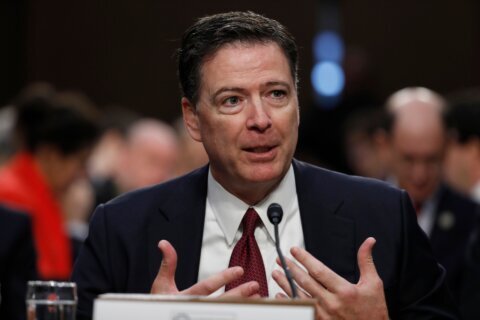WASHINGTON — Super PACs have become an institution of modern-day political campaigning: They’re fundraising organizations that are allowed to raise and spend unlimited amounts of money, and advocate for or against a candidate, as long as they don’t give money to or coordinate directly to any candidate.
So what happens to the money in a super PAC when the candidate it’s tied to drops out?
Already, two candidates for the 2016 race have dropped out: Wisconsin Gov. Scott Walker and former Texas Gov. Rick Perry. And CBS News reports that their associated super PACs have said they’ll shut down and give donors their money back on a prorated basis.
But, as CBS learned, they don’t have to. Indeed, they can do pretty much whatever they want with the money that’s left over.
“There are no constraints beyond the ban on giving to candidates and political parties,” Paul Ryan, of the Campaign Legal Center, tells CBS. “A single individual could set up a super PAC and use every penny she raises to pay herself a salary.”
That hasn’t happened with any so-called “zombie super PACs,” but only because of the reputations involved, Ryan says.
“You have serious political professionals who are closely associated with serious candidates’ campaigns, and they have a real professional incentive to not abuse the good will of their donors.”
In fact, there’s no requirement for a zombie super PAC to ever close. Some groups from very short-lived 2012 candidates took a very long time to wind down, CBS says: Jon Huntsman’s Our Destiny super PAC was only terminated this January; Newt Gingrich’s Winning Our Future, in July 2014. And again, anything could be done with the money.
Why aren’t there any rules on what happens to the money? Ryan says it’s because in the court case that led to the creation of super PACs, in perhaps an example of naiveté, it wasn’t assumed that each candidate would have their own groups.
“They weren’t supposed to be supporting a specific candidate,” Ryan says. “They were nominally to be supporting multiple candidates.”








